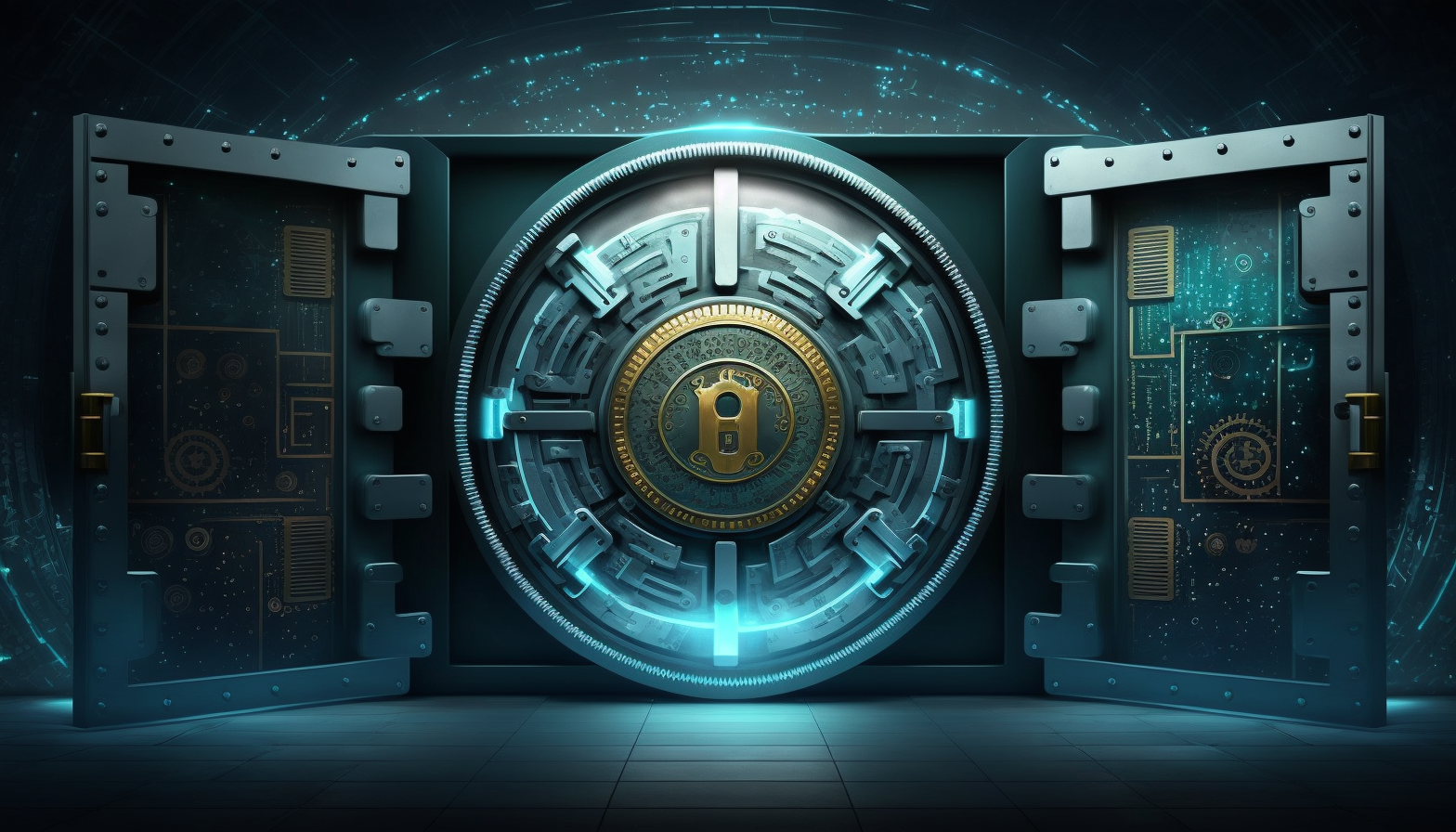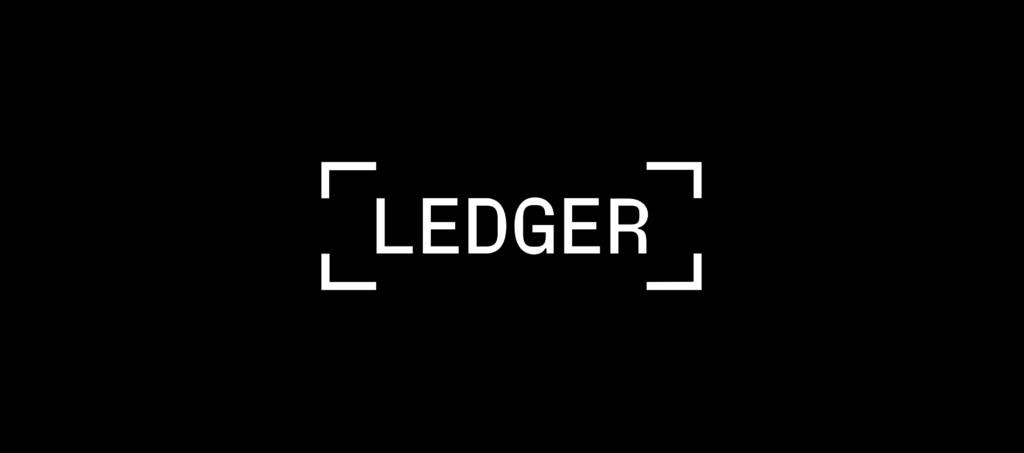The rise of decentralized technologies and blockchain-based platforms have revolutionized the way we conduct transactions and store data. However, with these innovations comes a new set of security challenges that require specialized knowledge and expertise.
At Numen Cyber, we understand the importance of securing your digital assets in the era of Web3. With the emergence of decentralized finance (DeFi) and non-fungible tokens (NFTs), it’s more important than ever to ensure that your digital assets are protected from cyber threats.
In this article, we will explore everything you need to know about Web3 Security and how it protects your decentralized assets. We will also examine the latest innovations and best practices in blockchain security.
Understanding Web3 Security
Web3 Security refers to the measures put in place to secure decentralized technologies, including blockchain-based platforms and decentralized applications (dApps). Unlike traditional centralized systems, decentralized technologies rely on a network of users to validate transactions and store data.
This distributed model eliminates the need for intermediaries, providing increased privacy and transparency. However, it also exposes the network to new security threats, including 51% attacks, smart contract vulnerabilities, and phishing scams.
With the rise of decentralized finance (DeFi) and non-fungible tokens (NFTs), the need for strong security measures has become increasingly important. To ensure the security of your digital assets, it is essential to understand the underlying technologies and the risks associated with them.

Securing Decentralized Technologies
The decentralized nature of Web3 technologies makes it difficult to implement traditional security measures, such as firewalls and antivirus software. Instead, developers must rely on specialized security protocols and best practices to ensure the integrity of the network.
One of the most critical components of Web3 Security is the smart contract. Smart contracts are self-executing programs that operate on the blockchain, enabling the automation of transactions and the creation of decentralized applications.
However, smart contracts are vulnerable to coding errors and can be exploited by attackers. To mitigate this risk, developers must perform thorough testing and auditing to identify potential vulnerabilities and ensure the contract’s accuracy and reliability.
In addition to smart contract security, decentralized technologies require robust encryption and authentication protocols to protect user data and prevent unauthorized access. Developers must also remain vigilant against phishing scams and other social engineering tactics that exploit users’ trust in decentralized technologies.
Technical Security Measures
Technical security measures are designed to prevent unauthorized access to your digital assets. These measures include:
Multi-Factor Authentication
Multi-factor authentication (MFA) is a method of verifying a user’s identity using multiple forms of authentication. This can include something the user knows (e.g., a password), something they have (e.g., a hardware key), or something they are (e.g., biometric data).
MFA is a critical security measure for Web3, as it can prevent unauthorized access to your digital assets even if your password is compromised.
Hardware Wallets
Hardware wallets are physical devices that store your private keys offline. They are considered one of the safest ways to store your digital assets, as they are not vulnerable to online attacks.
When using a hardware wallet, your private keys are stored on the device itself, and you must physically connect the device to your computer or mobile device to access your digital assets. This means that even if your computer or mobile device is compromised, your digital assets remain secure.
Smart Contract Auditing
Smart contracts are self-executing contracts that automatically enforce the terms of an agreement. They are a fundamental component of Web3, as they enable trustless transactions between parties.
However, smart contracts can also contain vulnerabilities that can be exploited by hackers. That’s why it’s important to have your smart contracts audited by a reputable security firm before deploying them to the blockchain.
Operational Security Measures
Operational security measures are designed to prevent human error and ensure that your digital assets are stored and used securely. These measures include:
Password Management
Password management is a critical aspect of operational security. Weak or reused passwords can leave your digital assets vulnerable to attack.
To protect your digital assets, use strong, unique passwords for each account, and consider using a password manager to securely store your passwords.
Social Engineering Awareness
Social engineering is a tactic used by cybercriminals to trick individuals into divulging sensitive information. This can include phishing emails, fake websites, or phone calls.
To protect yourself from social engineering attacks, be vigilant and always verify the identity of the person or organization before providing any sensitive information.
Physical Security
Physical security is also an important aspect of operational security. If you store your hardware wallet or other digital assets in a physical location, make sure that location is secure and only accessible to authorized individuals.
Conclusion
In conclusion, Web3 presents exciting opportunities for innovation and collaboration, but it also introduces new security risks. To protect your digital assets, it’s important to implement a combination of technical and operational security measures.
At Numen, we specialize in providing comprehensive security solutions for Web3 applications and digital assets. Our team of experts can help you implement the necessary security measures to protect your digital assets from cyber threats.
Remember, securing your digital assets is a continuous process, and it requires ongoing monitoring and maintenance. By staying vigilant and implementing best practices for Web3 security, you can enjoy the benefits of this exciting new technology without compromising the safety of your digital assets.
If you have any questions or would like to learn more about our Web3 security solutions, please contact us today.



